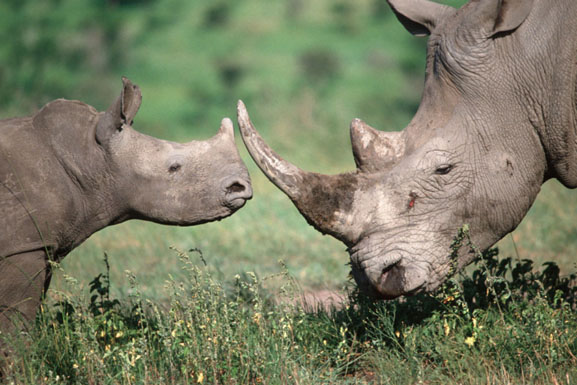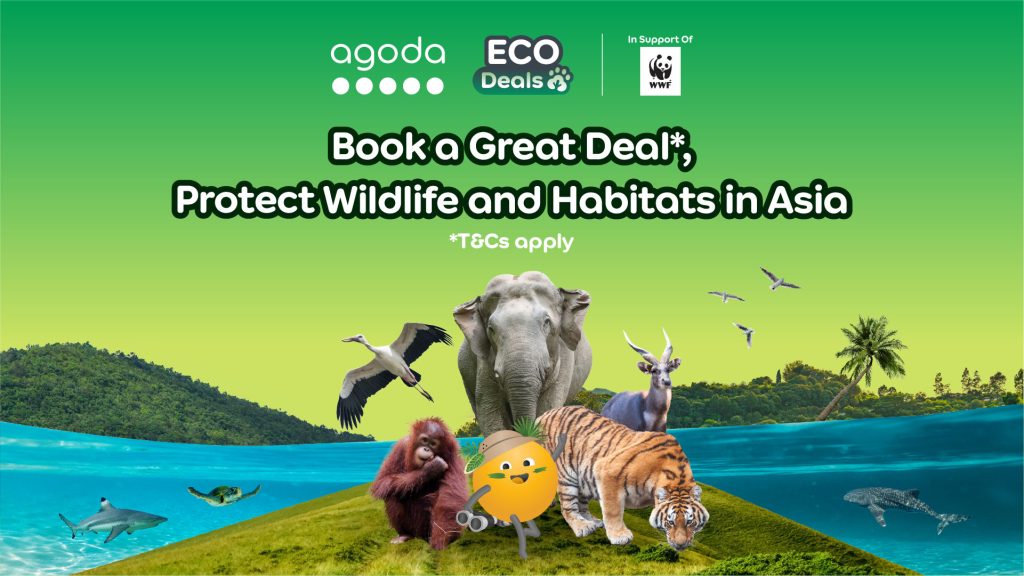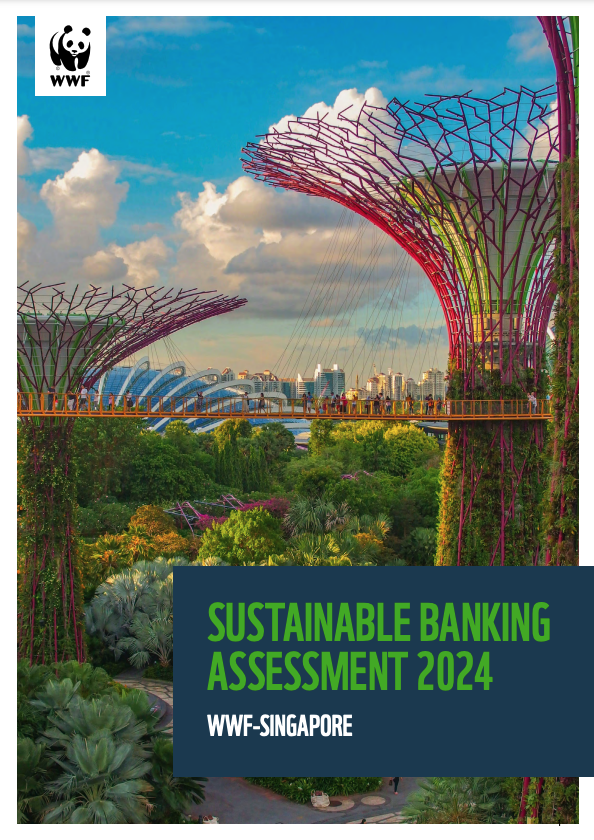Hanoi – WWF and TRAFFIC, in advance of World Rhino Day Saturday, are calling on Viet Nam to increase efforts to address the illegal trade of rhino horn, which is threatening rhino populations in both Africa and Asia. Already this year, 381 South African rhinos have been poached to meet demand in Asian consumer markets, particularly Viet Nam.
“Viet Nam used to be a range country of rhinos. The extinction of the presumably last Javan rhino in Cat Tien National Park in 2010 was a big lesson for protecting endangered wildlife,” said Dr. Nguyen Ba Ngai, Deputy Director General of Viet Nam’s Administration of Forestry, Agriculture and Rural Development.
“The demand for rhino horn is the main reason for the fact that rhinos are being poached all days and nights and illegally cross-border traded with the involvement of international crime organizations. To join hands with global efforts Viet Nam has been closely working with related agencies to strengthen the law enforcement and enhance awareness of the whole society to combat against illegal trade in wildlife,” he said.
WWF-Viet Nam and officials of Viet Nam’s CITES management authority today are bringing together government representatives from Viet Nam, South Africa and the United States, as well as traditional medicine experts, to examine global efforts to conserve rhinos.
“Rhino horns don’t belong in a wall or in a misguided pharmacy. They belong on a healthy rhino living in its natural habitat,” said Laura Stone, Economic Counsellor at the United States embassy in Hanoi. “World Rhino Day is a great opportunity to dispel the myths related to rhino horn.”
“We hope today’s meeting will explore effective ways to tackle the difficult issue of rising demand for rhino horn in Viet Nam,” said Sabri Zain, TRAFFIC’s Advocacy Director.
This August, WWF and TRAFFIC launched a global campaign calling governments worldwide to combat illegal wildlife trade and reduce demand for rhino horns, elephant ivory and tiger parts. In Viet Nam, WWF and TRAFFIC are working with government agencies on strategies to reduce rhino horn consumption and are calling for stronger law enforcement to tackle illegal horn trade.
“WWF urges Viet Nam and South Africa to formalize their joint commitment to stopping rhino horn trade by signing a memorandum of understanding at the highest political level,” said Elisabeth McLellan, Species Programme Manager for WWF. “Words are not enough to end the killing of rhinos and trafficking of their horns. Both countries need to do more by putting promises into action.”
South Africa is home to most of the world’s rhinos, and Thursday WWF-South Africa unveiled new plans for tackling the biggest challenges to their survival. The strategy will focus largely on supporting efforts to reduce demand for rhino horn in Asia, bolstering the ability of investigators to gather forensic evidence for trials, and encouraging community participation in conservation.
“The rhino is of tremendous value to South Africa because it is part of what we call the Big Five, which comprise the buffalo, elephant, leopard, lion and rhino,” Political Counsellor Nontatu Skolo of the South African embassy in Hanoi said at Thursday’s meeting. “Our tourism depends on our wildlife and in particular on the Big Five. Rhino poaching is therefore also doing great harm to our tourism.”
World Rhino Day was initiated by WWF-South Africa in 2010 with an aim to raise awareness of the plight of the animals. Some rhino species are facing the threat of extinction due to poaching of their horns to meet increasing demand in the Asian market.
For further information or to schedule an interview with a WWF or TRAFFIC expert contact:
WWF: Alona Rivord, arivord@wwfint.org, +41 79 959 1963
TRAFFIC: Richard Thomas, richard.thomas@traffic.org, +44 752 6646 216















